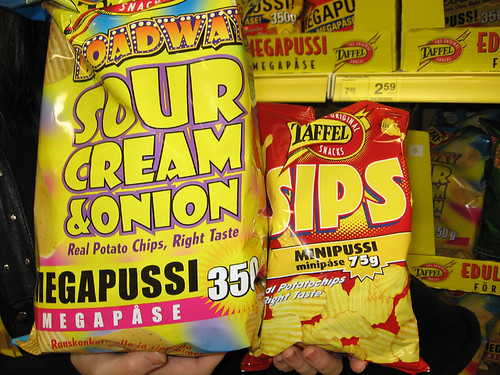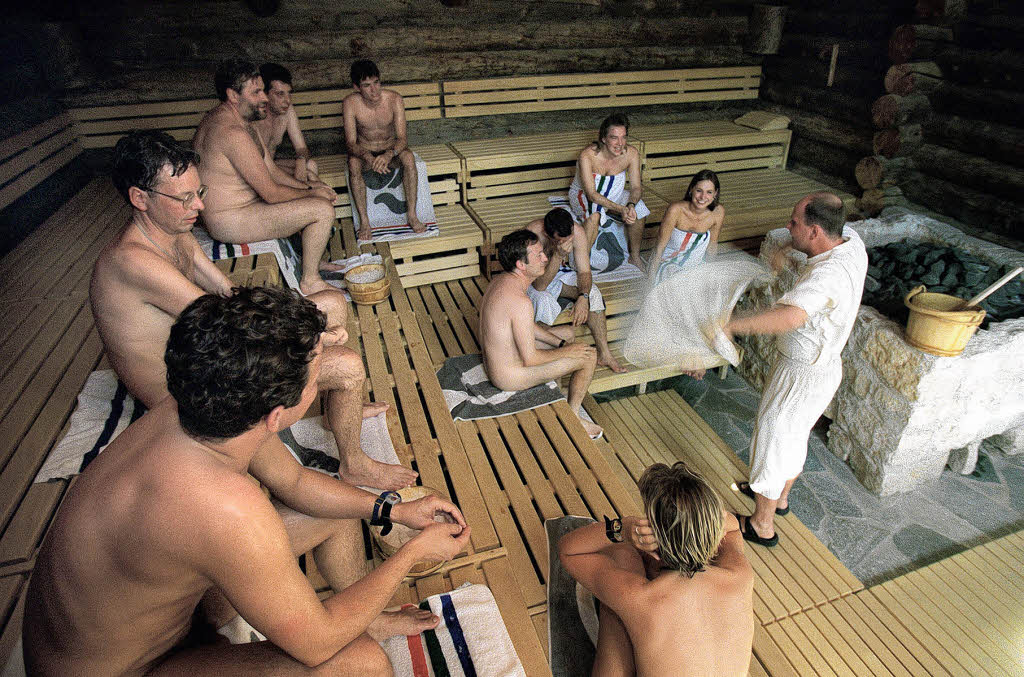First: Two weird Finnish sayings.
Oma maa mansikka, muu maa mustikka.
Own country strawberry, another country blueberry.
The meaning of this saying is "your own country (Finland, obviously) is better than other countries", but how this relates to strawberries and blueberries is a mystery to us Finns too.
Mieluummin tätä syö kuin selkäänsä ottaa.
I rather eat that than (literally) take it on the back (that is, get beaten up).
An unenthusiastic way to compliment food, and also a semi-funny saying, because purely linguistically it can also mean that you rather eat the food than smear it on your back.
(Compare to "like burning the ice".)
And second: "did you know about etymology?", that is, two random etymological facts
In Helsinki (and in a couple of other cities, too), the underground train is called "metro" which derives from "metropoli" (in English, "metropolis"). And the "metro" in "metropolis" derives from Greek "meter" which means "mother".








